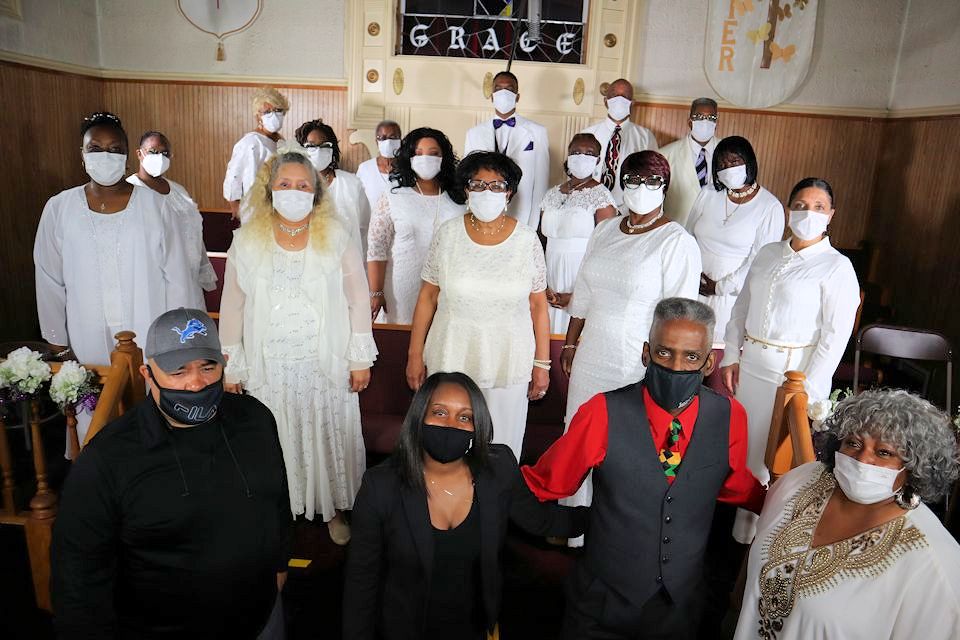Whether pandemic or endemic at this point, after two years, COVID leaves church leaders with challenges and opportunities. The third in a four-part series.
KAY DEMOSS
Senior Content Editor
We are now only a few days away from the second anniversary of COVID operation in Michigan’s United Methodist churches. On Friday, March 13, 2020, Bishop David Bard made the first of many appeals to clergy and laity in the state: “Given developments of the last few hours, I need to ask more of you as Michigan United Methodists. I am asking that each United Methodist church in Michigan refrain from in-person gatherings for the remainder of the month of March. We can play an important role in slowing the spread of the COVID-19 disease.”
Of course, the slowing of the virus would stretch far beyond the timeframe specified in the appeal. Today, 104 weeks later, mask requirements are being lifted in most local churches, and after two years online, Annual Conference is returning to an in-person event.
However, there is no turning back the clock to what was considered “normal” in the early spring of 2020. Two pastors, the Rev. Dr. Darryl Totty and the Rev. Paul Reissmann, talk about how the congregations they serve are moving forward.
Double disaster
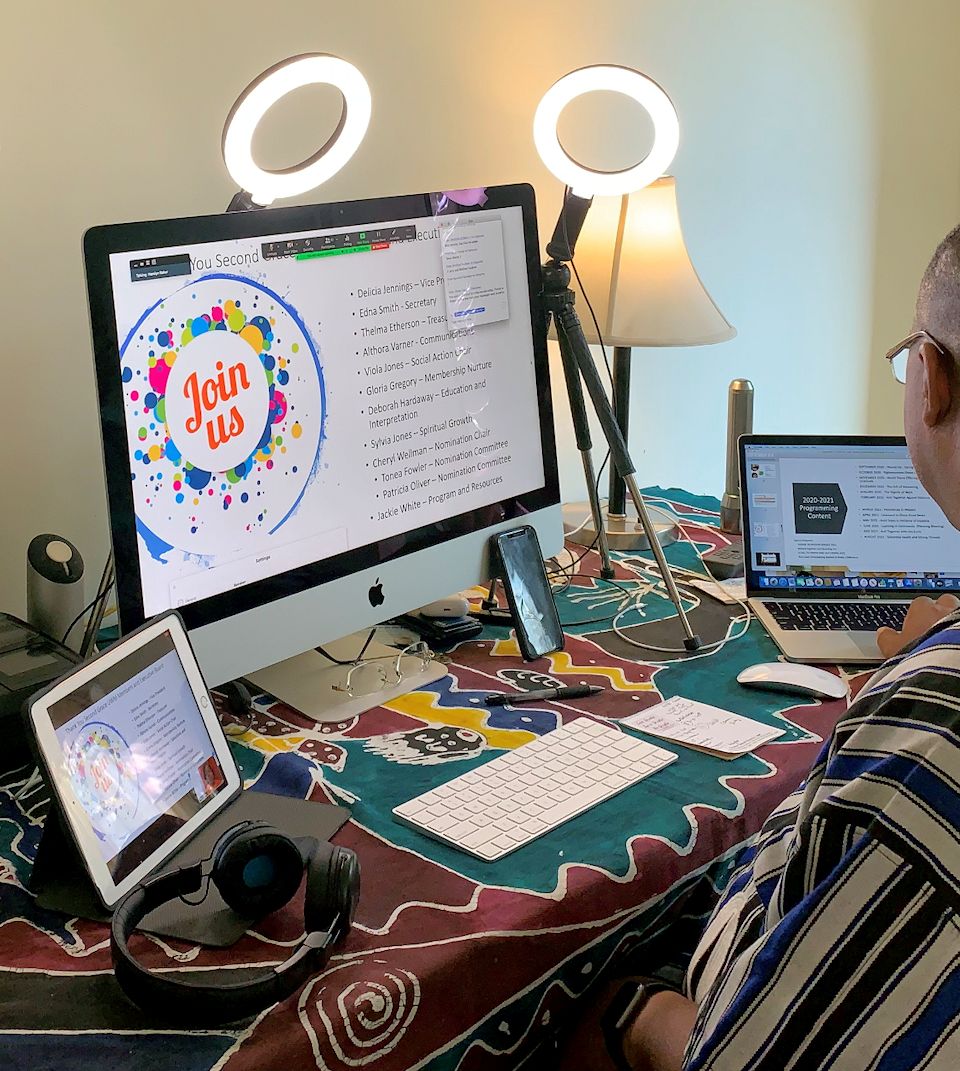
Michigan weather complicated COVID coping for many churches in the state. Torrential rains caused flooding in mid-Michigan in May of 2020 and Detroit in June of 2021. Seven churches suffered damage in southeastern Michigan, including Second Grace in Detroit.
Totty looks back. “African American writer Dr. Maya Angelou wrote about survival and hope in her poem ‘Still I Rise.‘ The recently merged churches of Detroit: St. Timothy and Second Grace UMCs, have risen above the challenges to ministry amid the COVID-19 pandemic and heavy rains that fell during the overnight hours of June 25, 2021.” He adds, “To make it through such disasters, the church’s leadership relies on scripture found in Psalm 46:1-4 NSRV: God is our refuge and strength, a very present help in trouble. Therefore, we will not fear, though the earth should change, though the mountains shake in the heart of the sea; though its waters roar and foam, though the mountains tremble with its tumult.”
He celebrates lay leadership, saying, “During the height of the pandemic, the church’s trustees provided stellar leadership in maintaining church property. For example, due to the flooding, they oversaw the installation of a new furnace on Joy Road and rehabilitated the St. Timothy site for use.” Totty thanks the trustees for also providing pandemic-related guidance. “Trustees counseled us on safely returning to in-person activities such as communion, caring for the daycare operations, and other tenants, which played a crucial role in keeping the church afloat.”
Water damage to property is one thing. Totty laments the damage to relationships. “The most significant source of stress for the church was being separated from each other. Many of its missional efforts were relegated to touchless communications via Zoom Videoconferencing with government lockdown policies and quarantines.” Isolation took its toll. “The church went from seeing people almost every day to not seeing one another at all, and it was heartbreaking,” Totty states, “but being able to see one another on Zoom was a blessing.”
Added stress
The change of a new appointment is always stressful for both church and pastor. Reissmann moved to Lake Odessa in July of 2021 as the new leader for Central United Methodist Church. The transition went well. He reports, “Stress for us at this point is caused by what feels like waves of uncertainty created by the shifting pandemic. Feelings of security were very much present in the autumn time, with thoughts of whether we were at a point to do more in-person ministry.” Unfortunately, that sense of stability was short-lived. “When the Omicron wave hit, the anxiety was palpable with frustration and grief cropping up in the congregation and me as their pastor. Suddenly, emotions were high, and spirits were strained,” Reissmann observes.
He praises members for their adaptability, saying, “I’m lucky to have a congregation that embraces the threat of the pandemic and takes safety procedures seriously. With that being said, we have been able to return to Bible Study and a Confirmation Class due to high vaccination rates and masking.”
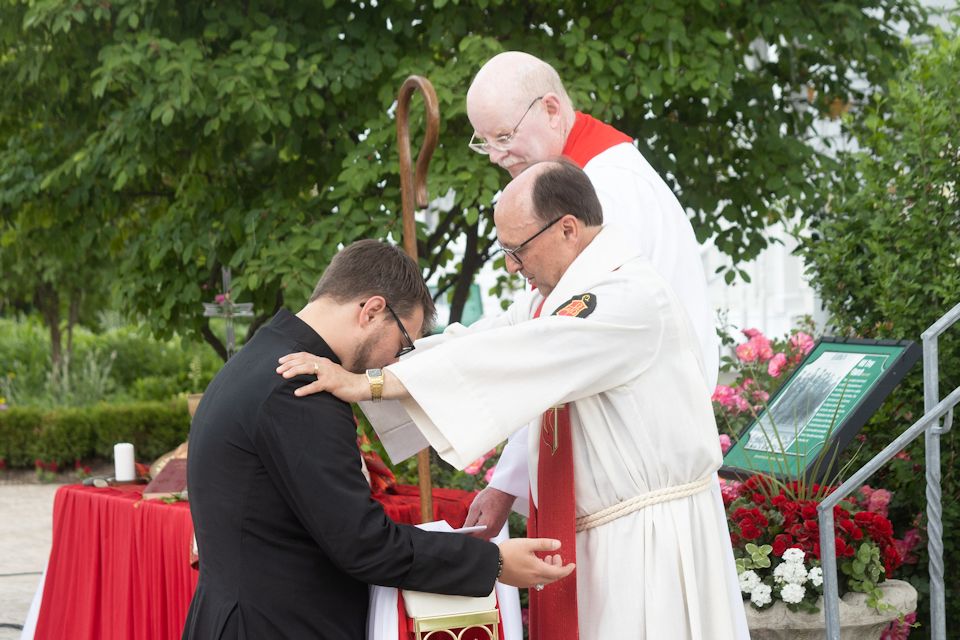
The pastor also needed to adapt. COVID has been a disruptor at a personal and professional level for him and many. The regular routines could not be followed for those, like Reissmann, graduating seminary just before the pandemic. For instance, Reissmann’s commissioning as a Provisional Elder was to have taken place at the 2020 Annual Conference. However, when AC 2020 became a virtual event, the Service of Recognition, Commissioning, and Ordination was postponed. That high point came for him and others a year later, when the RCO Service moved to an outdoor venue at Troy Historic Village.
Count the blessings
Second Grace members and leaders thoroughly embraced technology over the past 24 months. “The virtualized way of communication led the church to discover various ways to interact with one another for Sunday morning worship and activities throughout the week,” Totty says. He continues, “Although the heavy rains fell, which provided a significant challenge for facilities, the church’s positive response to the pandemic has become an inflection point. The laity has learned new skills and ways to communicate to get God’s work done.”
Program innovations have taken place over the past two years. “The emergence of daily scriptures transmitted using CallingPost text messages and emails, virtual meetings, Bible study, and pastoral care have been the silver lining or joy that is the new normal,” Totty notes. In addition, he lists Vimeo, DocuSign, Mailchimp, Dropbox, and social media as “new ministry avenues that maintain the congregation’s connection and spark creativity.”
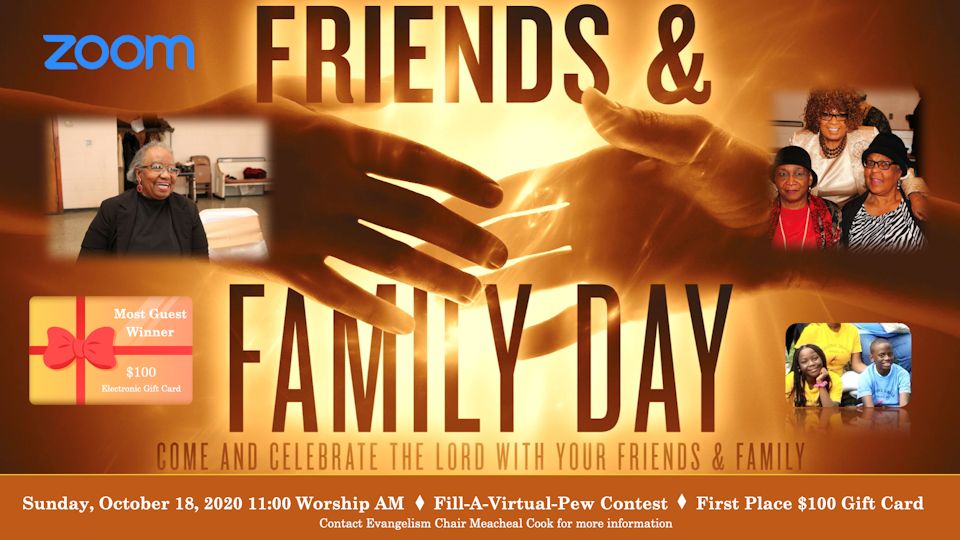
Barriers have been turned into blessings at Second Grace. Totty explains, “Even as policies and mandates related to COVID-19 that required social distancing end, video communications have changed the way we offer ministries in the virtual space, which is a positive lesson for the church and community. God’s people are called to be healthy, vital, relevant, and fruitful during the storms of life.”
Survive and thrive
Reissmann contemplates the cultural aspects of the pandemic. “There are notably several elements of COVID that have revealed the cracks in our society and our world,” he says. “However, I also have seen people witness these problems and seek to solve them.” He rejoices in what he sees as an increased level of self-awareness. “The best experiences I’ve had are when people can relate this moment to their own personal story,” Reissmann explains. “If we’re able to process this moment through our own identities and our faith stories, we are then able to choose our response in a world that is very reactive at this time.”
When asked about self-care, Central UMC’s pastor recommends information fasting. “I’m focusing on approaching the news with restraint. There’s a negativity to the national and world news cycle that quickly ceases to inform and begins to embitter the spirit,” he says. So, Reissmann has learned “when to step back and rest in God during this challenging time. Over the last two years, that has been a powerful survival strategy for me.”
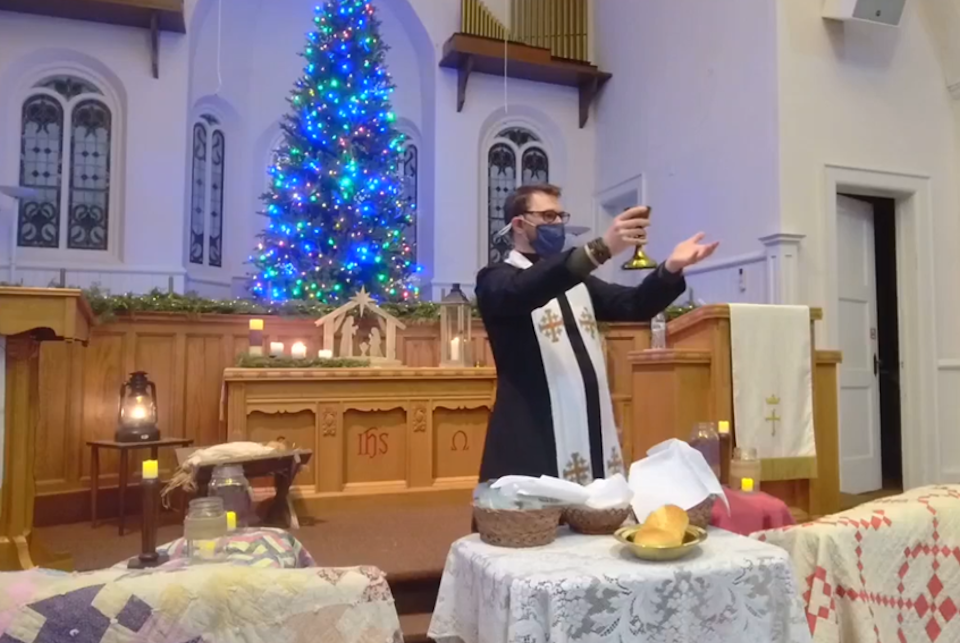
But Reissmann looks beyond survival as he gains perspective by examining God’s Word. “As I read the scriptures, I find myself discovering that there is nothing new under the sun. This is not the first pandemic the Church has encountered in its 2,000-year history, and it is likely that it will not be the last.” He finds strength in community. “One of the more revealing things I’ve seen is that we belong to one another because we belong to God,” Reissmann says.
He asserts, “Never has humanity suffered together as we have over these two years. But the heart of the Gospel for me is that God transforms suffering. The Church is in a unique place to name that for the great hope that it is.” The Rev. Paul Reissmann is grateful that the pandemic has caused many to re-examine “human dignity, workers’ rights, the needs of the poor, racial equality, and so much more.”
The Rev. Dr. Darryl Totty also looks forward with hope as he paraphrases “Still I Rise.” “Detroit St. Timothy and Second Grace UMCs are leaving behind nights of terror and fear into a wondrously clear daybreak. They are marching in the light of God as they have made a shift to doing ministry in unconventional, innovative, and imaginative ways!”
~ See also: Pastors face another COVID new year and Our God is bigger than COVID.
Last Updated on September 20, 2022

